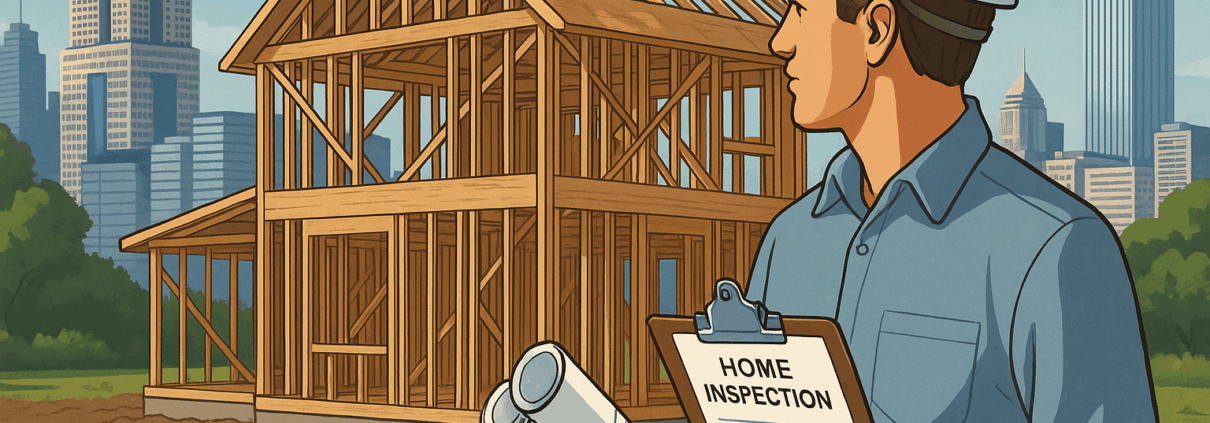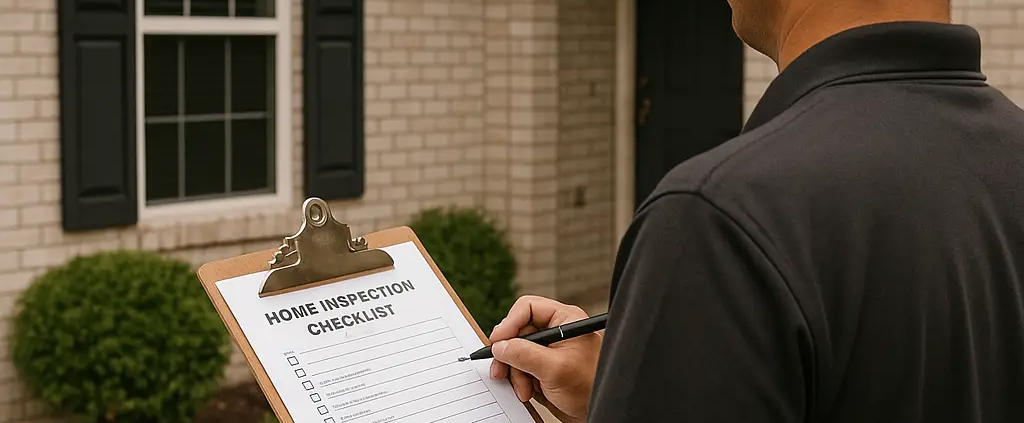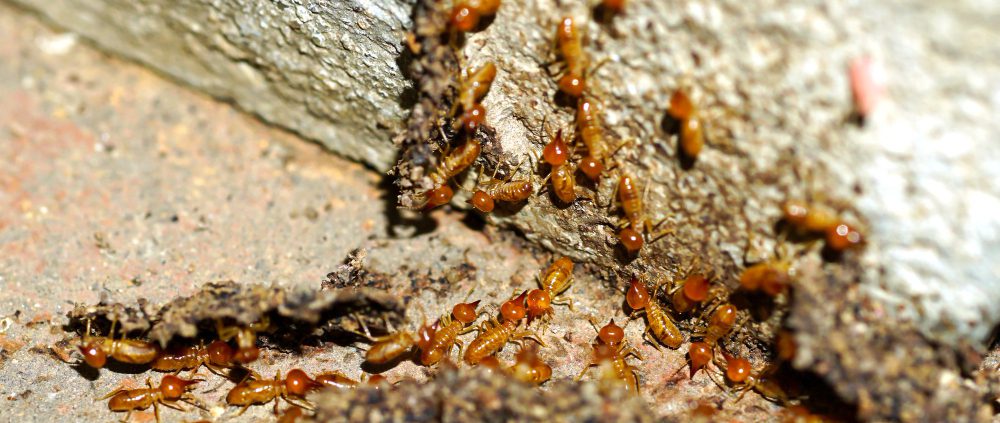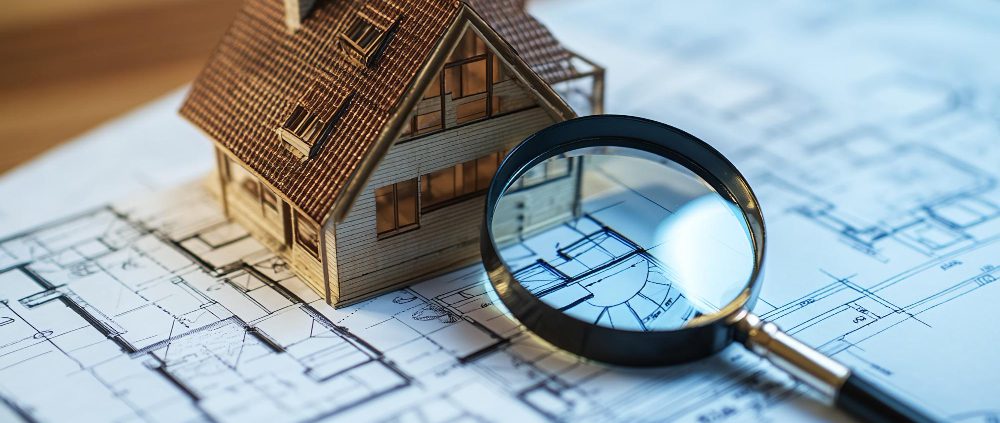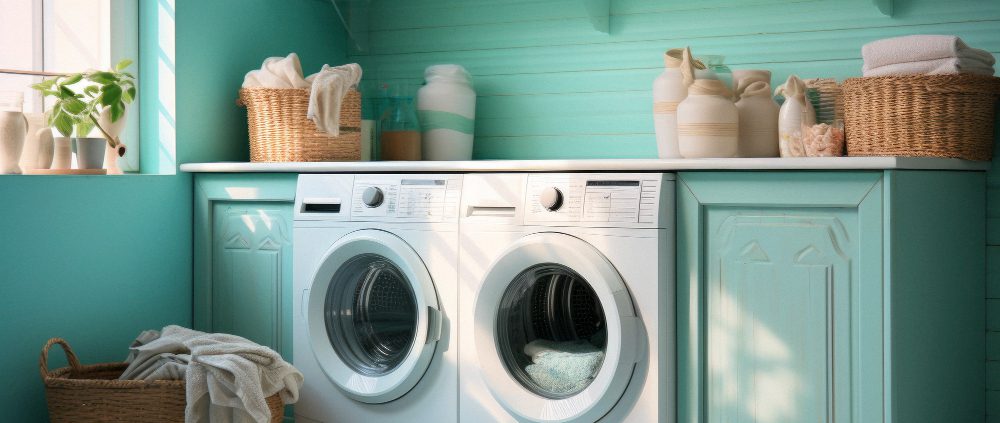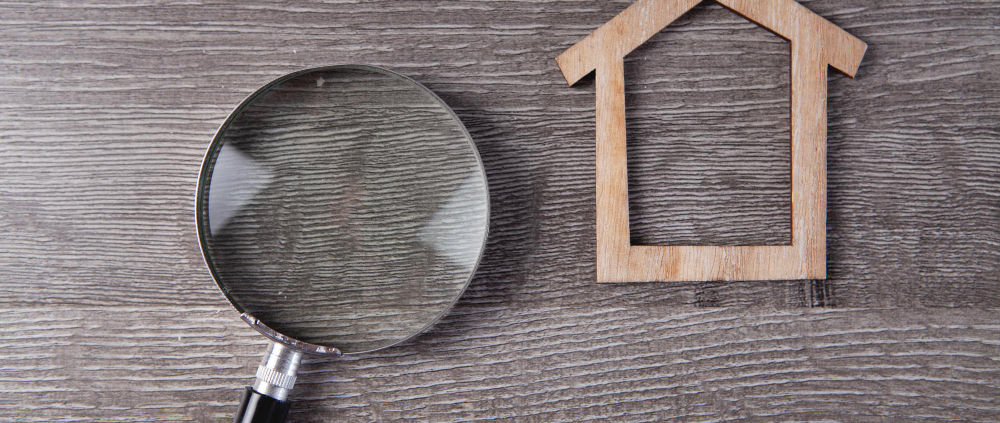Building a home from the ground up is an exciting journey. As you watch your dream home take shape, there’s one crucial step you don’t want to overlook: the home inspection. Even brand-new properties can hide surprises, and scheduling inspections at the right milestones can save you time, money, and headaches down the road.
At Clarity Home Inspections LLC, we specialize in helping homeowners throughout the Pittsburgh Area feel confident in their investment. If you’re searching for “home inspection services near me,” you’re in the right place. Here’s our expert advice on exactly when to book your inspection during the new construction process.
1. Pre-Drywall (Framing) Inspection
Why now? Once the framing is up—walls, floors, and roof structure—it’s the perfect time to catch hidden issues. The drywall isn’t in place yet, so inspectors can easily access wiring, plumbing, HVAC ductwork, and structural elements.
- Benefit: Identifies framing flaws, electrical routing problems, or plumbing misalignments before they’re covered up.
- Tip: Coordinate with your builder to schedule this inspection just after rough-in (electrical and plumbing) but before insulation and drywall.
2. Mid-Construction Electrical & Mechanical Check (Optional)
Depending on the complexity of your home, you might consider a mid-build check specifically for your HVAC, electrical panel, or plumbing fixtures.
- Benefit: Ensures each system is installed according to code and manufacturer specifications.
- Tip: If you’re adding smart-home features or custom mechanical systems, this check can preempt costly retrofits.
3. Final (Pre-Closing) Inspection
When to schedule: Roughly 1–2 weeks before closing, once construction is essentially complete.
- Focus Areas: Interior finishes, exterior siding, roofing, windows and doors, insulation, trim work, and safety features (handrails, smoke detectors).
- Benefit: Verifies that every detail meets your standards and building codes before you take possession.
4. Post-Occupancy (11-Month) Warranty Inspection
Most builders offer a one-year warranty on new homes. Scheduling an inspection around month 11 helps you leverage warranty coverage for repairs.
- Benefit: Identifies defects like minor cracks, appliance malfunctions, or settling issues while they’re still under warranty.
- Tip: Book early enough to allow follow-up repairs before the warranty expires.
Why Choose Clarity Home Inspections?
- Local Expertise: Serving the Pittsburgh Area, we know the unique building codes and climate challenges of our region.
- Thorough Reports: Clear, photo-rich inspection reports you can share with your builder or lender.
- Friendly Service: We make complex technical findings easy to understand, so you can make informed decisions.
Most Frequently Asked Question
Q: Do I really need an inspection on a new home?
Absolutely. Even the best builders can make mistakes, and municipal inspections might miss details. A third-party inspection protects your investment.
Building a new home is one of life’s biggest milestones. By scheduling inspections at these key stages, you’ll enjoy greater peace of mind and a smoother path to move-in day. Ready to get started? Reach out to Clarity Home Inspections LLC—your trusted partner in the Pittsburgh Area for home inspection services near me!

